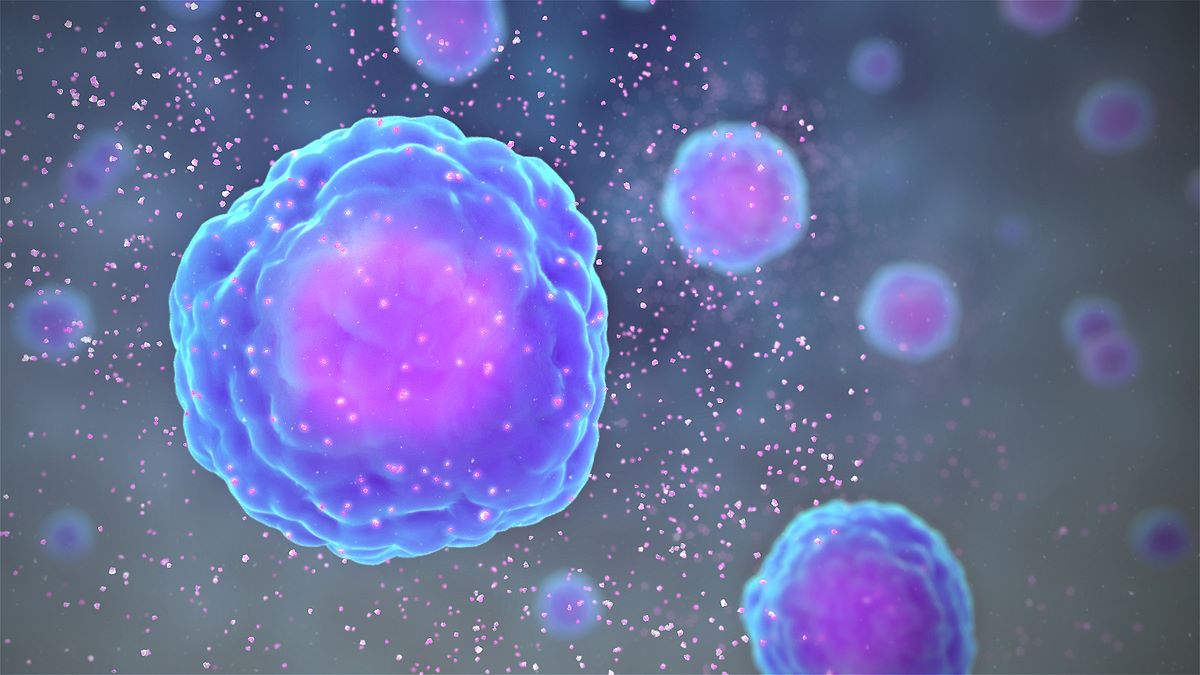
Cytokine Release Syndrome (CRS) is a severe immune response that can occur after certain treatments, like CAR T-cell therapy. CRS happens when the body releases too many cytokines into the blood too quickly. These proteins are essential for immune responses but can cause harm in large amounts. Symptoms range from mild, like fever and fatigue, to severe, such as organ failure. Understanding CRS is vital for patients undergoing immunotherapy and their caregivers. This article will provide 20 key facts about Cytokine Release Syndrome, helping you grasp its causes, symptoms, and treatments. Stay informed and prepared by learning more about this critical condition.
What is Cytokine Release Syndrome?
Cytokine Release Syndrome (CRS) is a severe immune reaction that can occur after certain treatments, such as immunotherapy. Understanding CRS is crucial for managing its symptoms and improving patient outcomes.
- CRS is often triggered by treatments like CAR T-cell therapy, which is used to fight cancer.
- It involves the rapid release of cytokines, proteins that help cells communicate in immune responses.
- Symptoms can range from mild, like fever and fatigue, to severe, such as organ failure.
- CRS is sometimes referred to as a "cytokine storm" due to the overwhelming immune response.
- Early detection and treatment are key to managing CRS effectively.
Symptoms of Cytokine Release Syndrome
Recognizing the symptoms of CRS can help in seeking timely medical intervention. Symptoms can vary widely in severity.
- Common symptoms include high fever, chills, and muscle pain.
- Severe cases may involve difficulty breathing, low blood pressure, and rapid heart rate.
- Neurological symptoms like confusion, seizures, or headaches can also occur.
- Gastrointestinal symptoms such as nausea, vomiting, and diarrhea are possible.
- Skin rashes and swelling can be additional indicators of CRS.
Causes and Risk Factors
Understanding what causes CRS and identifying risk factors can help in preventing or mitigating its effects.
- CRS is often caused by treatments that activate the immune system, like monoclonal antibodies.
- Patients with pre-existing conditions, such as autoimmune diseases, may be at higher risk.
- The intensity of the immune response can vary based on the type of treatment and individual patient factors.
- Genetic predispositions can also play a role in how severely someone might experience CRS.
- Infections and other underlying health issues can exacerbate the severity of CRS.
Treatment and Management
Effective management of CRS involves a combination of medical interventions and supportive care.
- Corticosteroids are commonly used to reduce inflammation and manage symptoms.
- Tocilizumab, an IL-6 receptor antagonist, is often administered to counteract the effects of cytokines.
- Supportive care, including oxygen therapy and intravenous fluids, is crucial for severe cases.
- Close monitoring in a hospital setting is often required to manage and treat CRS effectively.
- Early intervention and personalized treatment plans can significantly improve patient outcomes.
Understanding these facts about Cytokine Release Syndrome can help in recognizing, preventing, and managing this potentially life-threatening condition.
Final Thoughts on Cytokine Release Syndrome
Cytokine Release Syndrome (CRS) is a serious condition that can occur after certain treatments, like CAR-T cell therapy. Understanding CRS symptoms—such as fever, fatigue, and difficulty breathing—helps in early detection and management. CRS treatment often involves medications like corticosteroids and tocilizumab to reduce inflammation.
Knowing the risk factors and preventive measures can make a big difference. Patients should always discuss potential side effects with their healthcare providers. Staying informed about CRS ensures better preparedness and response.
Remember, while CRS can be severe, medical advancements continue to improve outcomes. Awareness and education are key. Stay proactive in your health journey, and don't hesitate to seek medical advice when needed.
Was this page helpful?
Our commitment to delivering trustworthy and engaging content is at the heart of what we do. Each fact on our site is contributed by real users like you, bringing a wealth of diverse insights and information. To ensure the highest standards of accuracy and reliability, our dedicated editors meticulously review each submission. This process guarantees that the facts we share are not only fascinating but also credible. Trust in our commitment to quality and authenticity as you explore and learn with us.


